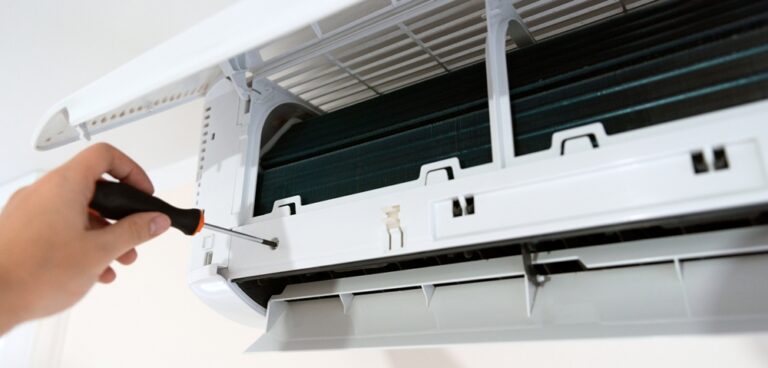With operating costs continuing to rise, UK businesses are increasingly reassessing their property maintenance strategies to help improve efficiency and reduce expenses.
Fabien Caqueret, Managing Director at property maintenance and facilities management company MSL, explains whether planned or reactive maintenance is the best approach for businesses to take. However, the best solution may involve a mix of the two approaches.
Planned maintenance
Fabien shares: “Planned or preventative maintenance involves scheduled servicing, inspection and replacements to help prevent equipment from failing and becoming in need of urgent repairs. A typical schedule may include regular inspections of roofs and gutters, electrics and plumbing and servicing of HVAC systems (heating, ventilation, and air conditioning). How often these are carried out will depend on many factors including the age of the equipment and how frequently it is used, therefore, this can range from weekly to yearly checks to ensure everything is running smoothly.
“The key advantages of planned maintenance include reduced downtime, allowing businesses to run smoothly and supporting overall cashflow. It also helps to extend the lifespan of your equipment and improve the safety and compliance of equipment. These benefits help cost efficiency through a reduction in the need for costly emergency repairs.
“However, there are some downsides to planned maintenance. Over maintenance can use unnecessary resource, and time is needed to schedule the maintenance. The initial set up cost can also be high.”
Reactive maintenance
“Reactive maintenance is often used by businesses looking to reduce initial set up costs or by smaller businesses who have fewer resources,” explains Fabien.
“The most advantageous point of reactive maintenance is that there is no upfront investment. It also requires less planning and allows businesses to use equipment to their maximum potential before the need for replacement or repair.
“However, the disadvantages often outweigh the benefits in the long term. Unplanned breakdowns can result in costly urgent repairs, operational disruptions, or even temporary closure of the business, leading to a loss of income. Additionally, it can lead to shorter equipment lifespan due to the lack of regular care and increased safety risks due to a lack of regular oversight.
But which approach is best for your business?
Fabien shares: “Some businesses don’t have a choice. Compliance-driven industries, such as manufacturing, healthcare and hospitality, are required to follow a planned maintenance approach due to safety regulations. In other cases, the cost to replace equipment would be too high, making planned maintenance a more cost effective solution in the long run.
“Reactive maintenance is an excellent choice for businesses with non-critical equipment, that if it were to fail, it would not impact operations, or equipment that is easy and cheap to replace to if needed. New businesses with budget constraints may also consider a reactive approach as a short-term fix before they become more established.
“However, for many businesses, a hybrid approach is the most practical solution. Balancing planned maintenance for essential equipment and reactive maintenance for non-critical items is often the most practical and cost-effective choice for businesses.
“Predictive maintenance can also be part of this hybrid approach. This involves using data and technology to anticipate and prevent equipment from failing before it actually happens. This can involve sensors on a boiler that are able to alert maintenance teams to any unusual activity within the machine, allowing it to be inspected and repaired if needed, before it breaks down. Therefore, saving businesses money on costly repairs or replacements whilst also limiting downtime.”

